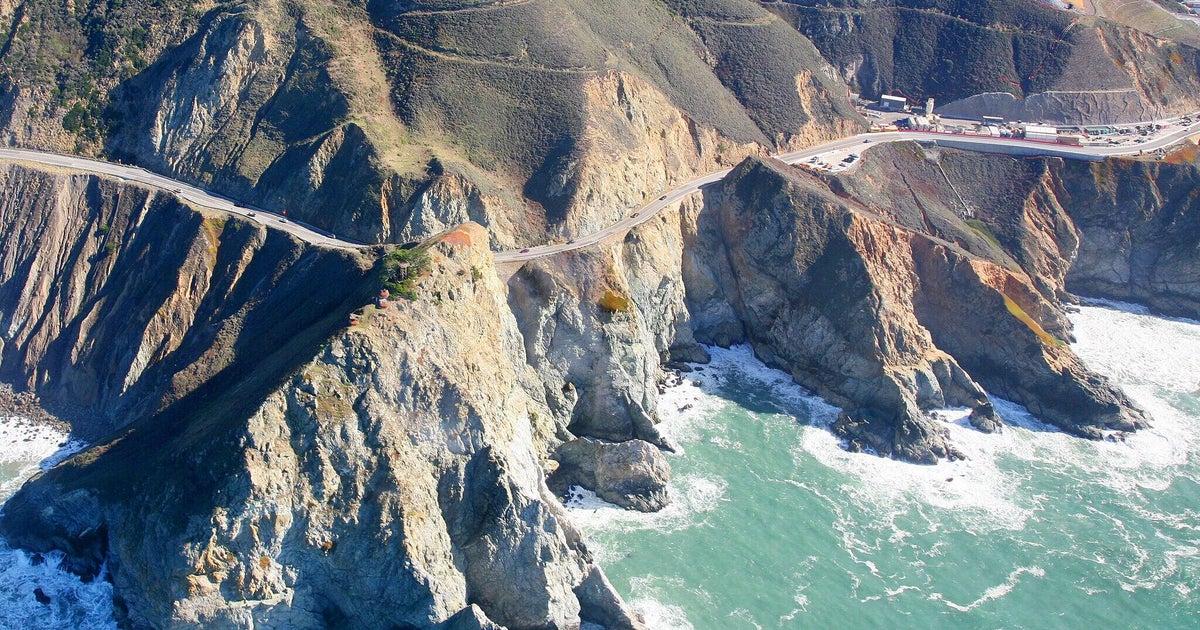Poisonous 'Portuguese Man O' War' Washes Ashore On New Jersey Beach
HARVEY CEDARS, N.J. (CBSNewYork) -- A venomous jellyfish-like creature washed up on a Jersey shore beach last week.
As CBS2's Meg Baker reported, it was the first man o'war spotted in the area this summer.
It's bright blue, looks like a big bubble, and does not belong in the water off of the New Jersey coast.
The Portuguese Man O' War jellyfish is actually native to the tropics.
"I don't want to see a man o' war, they are scary," John Glandz said.
One was spotted by lifeguards in Harvey Cedars on Friday morning.
"They are quite strange-looking, have a bottle top or blue balloon like hue to them," Captain Randy Townsend, Harvey Cedars Beach Patrol, said.
The creature has very long tentacles that can grow up to 32 feet, but experts said by the time the jellyfish reach New Jersey most tentacles have been chopped off by rough surf.
"It worries me for people who are allergic to bites and stings, could have an allergic reaction," Townsend said.
Surfer and lifeguard Michael McMurray fought one of the stinging monsters last summer.
"I saw it and smacked it, and I had to actually pull the tentacle off my leg. No fun at all," he said.
He got special cream from his doctor, but said the pain lasted over a week.
"I sure hope I don't see too many more of them," he said.
"One of the first things you want to do is, we use white vinegar to neutralize stinging cells," Professor Paul Bologna, Montclair State University said.
Bologna -- also known as 'Professor Jellyfish' -- said although man o' war are striking in color and size, a smaller jellyfish found in bays in recent summer, are more of a threat.
"Not nearly as dangerous as mini-clinging jellyfish that we have found in Jersey," he explained.
For now, beaches will remain out, but like last year when dozens washed up on LBI, lifeguards are alerting beachgoers to the threat and reminding swimmers to stay near lifeguard stands.
Man o' war have been spotted in Cape Cod, Florida, and the Carolinas in the past few months. Scientists believe they have been carried up the Gulf Stream into our waters.







